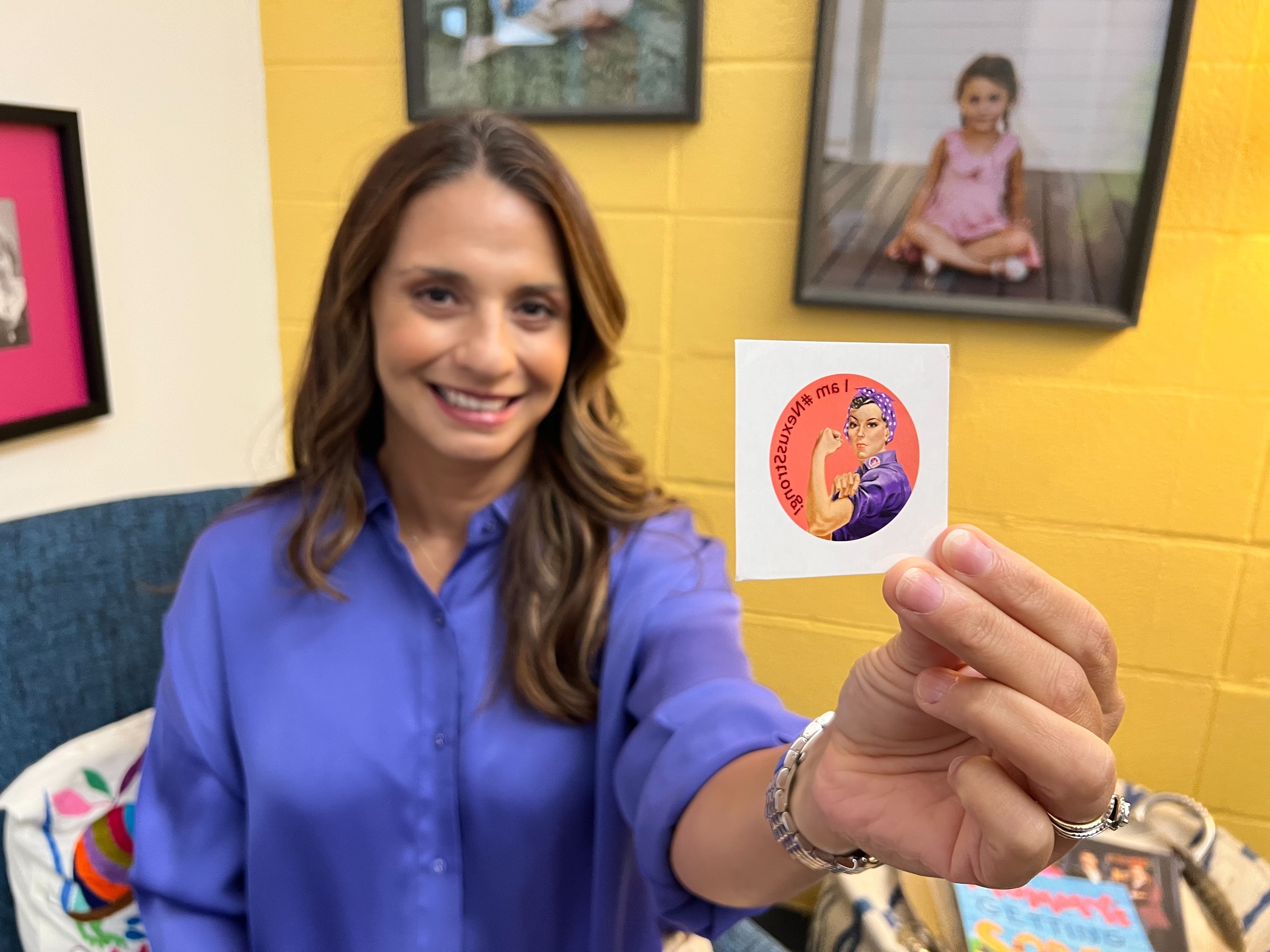More than five million people in the U.S. are living with congestive heart failure - it's the most common diagnosis in hospitalized patients over the age of 65. Symptoms are often debilitating, leaving patients unable to live normal, active lives. But now, a new procedure is giving hope to patients who were running out of options and time.
Steven Willis gets emotional just thinking about what his life was like.
"It didn't look very promising, especially when I was advised that I had a year to live," he remembers.
Steven's tricuspid valve was failing fast.
Get top local stories in DFW delivered to you every morning. Sign up for NBC DFW's News Headlines newsletter.
Scripps Memorial Hospital interventional cardiologist, Curtiss Stinis, M.D. mentions, "All the blood that comes from the lower body and the upper body goes through the tricuspid valve."
Blood was flowing backward within Steven's heart. Medications can work for a while, and outcomes with open heart surgery are not good.
"Tricuspid regurgitation is one of the most ignored diseases of the heart because until recently, we really had minimal treatments for it," Dr. Stinis adds.
Local
The latest news from around North Texas.
Dr. Stinis used a new transcatheter tricuspid valve replacement, or TTVR, that anchors to the walls of the existing valve.
"This can all be put in through a tiny incision in the vein, in the groin without any type of open heart surgery," explains.
Compared to open heart surgery, the procedure is minimally invasive, takes less time, the incision is smaller, there's less risk of infection, and recovery time is quicker.
Steven left the hospital the very next morning. His symptoms are gone, and now at 81, he's become active again.
"I'm doing yoga, Pilates, walking, gardening, you know, all sorts of things."
TTVR is part of a clinical trial being done in 51 hospitals across the country. They are still enrolling eligible patients. They're hoping what they find from the study will lead to FDA approval in a few years.
Contributors to this news report include: Marsha Lewis, Producer; Roque Correa, Videographer & Editor.




